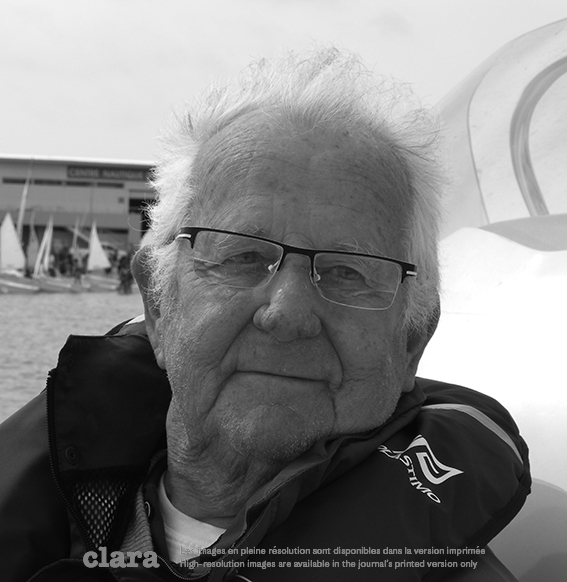Émile-José Fettweis
Main Article Content
Abstract
The architect Émile-José Fettweiss (1927 - ) talks to two female architecture students in April 2016. He discusses his attitude towards modernism, traditionalism, the atmosphere of the profession in the 1950s and the divisions of the 1960s-1980s in Belgium, and the emergence of postmodernism, but also the various openings for architectural innovation in Wallonia and Flanders, through his professional and teaching experiences, touching on experimentation with prefabricated houses and his relationship with the A. U.S.E. and G.E.R.U. He expresses himself on questions of "spirituality", phenomenology, style, and contemporary architecture.
Article Details

This work is licensed under a Creative Commons Attribution-NonCommercial-NoDerivatives 4.0 International License.

